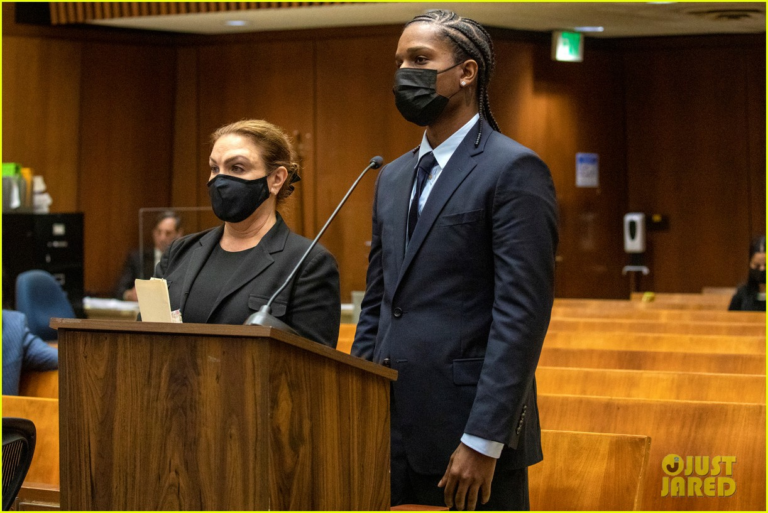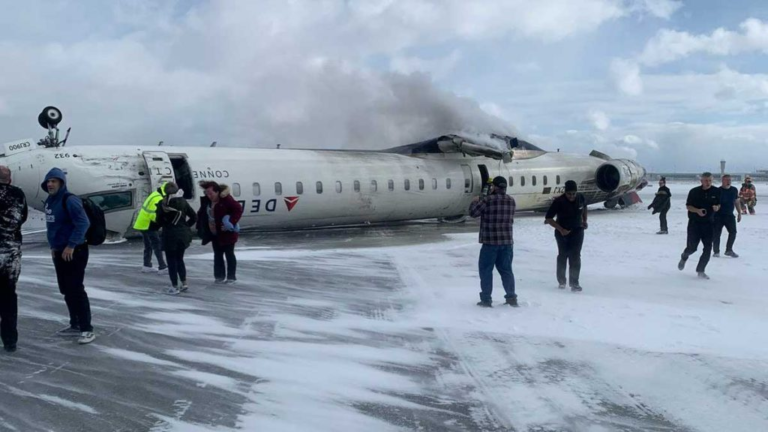In a shocking development, a Venezuelan plane seized by authorities has raised global concerns, sparking a heated political and diplomatic standoff. Reports suggest that the Venezuelan President’s plane was subject to international scrutiny amid growing tensions surrounding Venezuela’s leadership. This incident has put Venezuelan President Nicolás Maduro under the spotlight, further escalating the nation’s already fragile geopolitical situation.

What Led to the Seizure of the Venezuelan Plane?
According to sources, the Venezuelan plane seized was intercepted due to suspected violations of international regulations. While exact details remain unclear, speculation points toward:
- Possible sanctions breaches linked to Venezuela’s government.
- Accusations of using state aircraft for unauthorized diplomatic operations.
- Pressure from Western nations aiming to curb the influence of Venezuelan President Nicolás Maduro.
Reports indicate that the aircraft in question was grounded at an international airport, with authorities refusing to release it pending further investigations.
Global Reactions to the Venezuelan President’s Plane Seizure

This incident has led to a flurry of responses from global leaders and organizations.
- United States & EU Response: Both the U.S. and European Union have been vocal critics of Maduro’s administration, citing human rights concerns and economic mismanagement. The seizure could be part of increased diplomatic pressure on Venezuela.
- Venezuelan Government’s Reaction: The Venezuelan President has condemned the action, calling it an “unjustified aggression” against the sovereignty of Venezuela. Officials from Caracas have demanded the immediate release of the aircraft.
- Latin American Allies: Nations allied with Venezuela, including Cuba, Bolivia, and Nicaragua, have criticized the seizure, calling it an attack on Venezuela’s independence.
Is This Part of a Larger Diplomatic Conflict?

The seizure of the Venezuelan President’s plane is not an isolated event. In recent years, Venezuela has faced:
- Economic sanctions affecting its ability to conduct international transactions.
- Travel restrictions on government officials, limiting their diplomatic mobility.
- Confiscation of state-owned assets in foreign territories due to legal battles over unpaid debts.
Some experts believe this seizure is part of an ongoing effort to weaken Maduro’s administration, forcing negotiations with opposition groups backed by international powers.
Impact on Venezuela’s Political Landscape
This event could have significant repercussions on Venezuela’s internal politics, especially with upcoming elections on the horizon.
- Boost for Opposition: The opposition may use this incident to argue that Maduro’s government has led the country into isolation.
- Strengthening Maduro’s Narrative: Conversely, Maduro may leverage this to rally nationalist sentiments, portraying Venezuela as a victim of foreign interference.
- Uncertainty for Venezuelan Diplomacy: Future diplomatic visits and international relations may be strained as Maduro’s movements face increasing restrictions.
What Happens Next?
As investigations continue, Venezuela is likely to:
- Push for legal action to regain control of the Venezuelan plane seized.
- Seek support from allies like Russia, China, and Iran to pressure international authorities.
- Intensify rhetoric against Western powers, framing the event as an act of “imperialist aggression.”
Conclusion
The Venezuelan President’s plane seizure is a developing story that could reshape Venezuela’s diplomatic relations. With tensions escalating, the world watches to see how Venezuelan President Nicolás Maduro and the international community will respond. Whether this leads to further conflicts or diplomatic resolutions remains to be seen.





